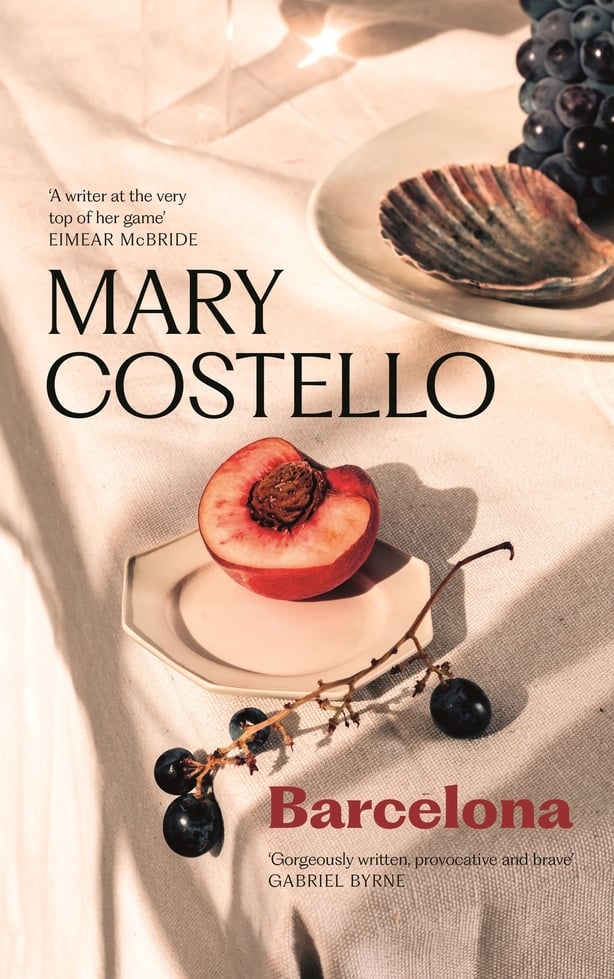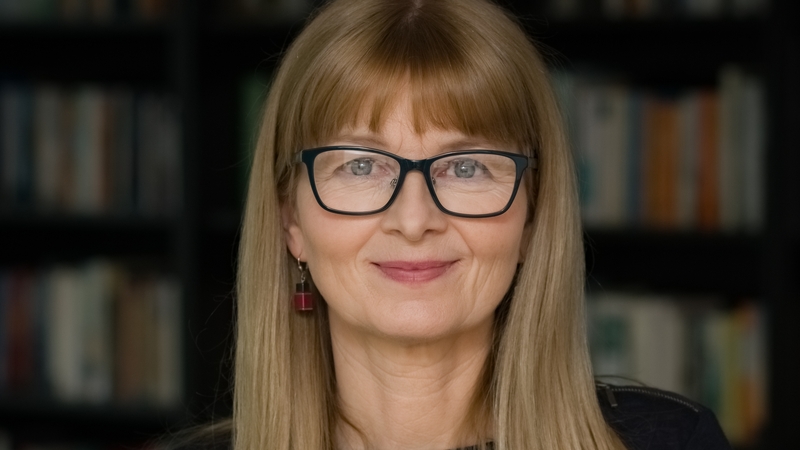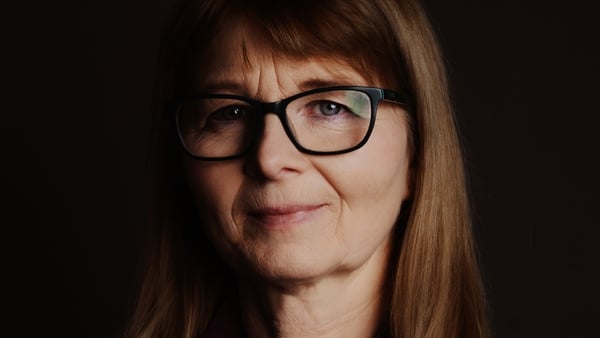In an era of debut hype and flash-in-the-pan literary controversies, sometimes all it takes is the quiet return of an old master to remind us how it's done.
Barcelona is Mary Costello’s first book in five years, and her first short story collection in over a decade. Documenting the painful, tender, often ephemeral nature of the human heart, these pieces ask the reader what exactly we’re willing to sacrifice in the name of love. To whom can we turn when our illusions of domestic bliss have been shattered completely by sudden revelation or by the devastating betrayal of someone we thought we knew?
In the title story 'Barcelona’, a young couple’s marriage begins to unravel as Catherine reminisces with her husband David about the death of her first love, Liam. Written with the same shattering inevitability as Joyce’s most famous short story ‘The Dead’, Costello shifts the dynamic of our sympathy from the spurned lover to the spurner; asking us to consider how ‘The Dead’ might realistically have played out if Gabriel Conroy was a gaslighting monster and Gretta Conroy faced the perpetual struggle to be understood.
We need your consent to load this rte-player contentWe use rte-player to manage extra content that can set cookies on your device and collect data about your activity. Please review their details and accept them to load the content.Manage Preferences
Listen: Barcelona author Mary Costello talks to RTÉ Arena
The prose manages to be both spare and poetic, with Costello retaining an almost supernatural ability to evoke the unheimlich nature of casual travel. Everything is imbued with both a sinister sense of alienation and familiarity. The sanctioned expectations of touristic enjoyment are turned on their head and instead become monstrous evocations of Kafkaesque entrapment, building tension effectively until the satisfying denouement of Catherine and David’s explosive final argument.
"A spaniel came out of a courtyard and sat on the footpath, calmly looking at her. They walked for a long time. They did not know where they were going. In a doorway a teenage boy stirred and looked up at her with deep-set, familiar-looking eyes and she was filled with a mild panic that he would speak to her, say her name even."
Elsewhere, the relationships Costello explores are less immediately domestic, though no less fraught. In ‘Deus Absconditus’ recently retired Irish pensioner Martin arranges to meet his son John—an ex-pat biochemist visiting Europe to attend a conference—at a restaurant in Paris. Over the course of a single day, Martin is seen taking the Eurostar from London to Paris, walking around the Jardin du Luxembourg, visiting a photography retrospective on the brutality of the Great War at the Orangerie, before going to dinner with John.
Indeed what might, in lesser hands, descend into a kind of travelogue around Europe—first Barcelona, then Paris—the fact of the protagonists’ alienation in the face of overwhelming culture shock feels instead like a nightmarish grand tour around the human psyche. Costello is a maestro of the withheld detail, peppering her stories throughout with well-placed words and phrases, fleeting sensations and turbulent inner-monologues, to give the reader a fuller encapsulation of both the travellers' access to and estrangement from their respective environs: "Travel heightens the senses, makes small, easily forgotten details more acute, significant, imperishable. Travel makes of home a wound that accompanies him everywhere."
And it’s this wound, this lost sense of reckoning over what his beloved son has actually grown into, that devastates Martin when John accidentally lets slip that he has been undertaking biochemical research on behalf of the US Department of Defence. Martin imagines John hunched over vials and cylinders ‘pushing elements to new limits’ and realising that it’s men like his son who are partially responsible for the kind of abstract annihilation he encountered at the Great War retrospective.

Even worse is when he realises that perhaps his son has always borne this nihilistic streak. He recalls—in one particularly gruesome passage—John’s senseless killing of a frog when he was a child, and begins to wonder whether his lifelong aptitude for cold logic and scientific curiosity might instead have emerged from some darker, perhaps murderous, instinct.
It feels reminiscent of Raymond Carver’s excellent short story ‘Why, Honey’ from his 1976 collection Will You Please be Quiet, Please? or the more well-known ‘So Much Water, So Close to Home’ from his 1981 magnum opus What We Talk About When We Talk About Love.
There, as here, the ordinary horrors of the domestic are convincingly brought to bear, though for my money Costello’s new collection has more poetry in it—perhaps more bravery—than anything from Carver’s entire oeuvre. Barcelona is a serious, well-honed, earned collection from one of Ireland’s greatest short story writers; a pinpoint accurate examination of love’s inherent inexpressibility, and often the divide that love sometimes engenders.
Barcelona is published by Canongate


